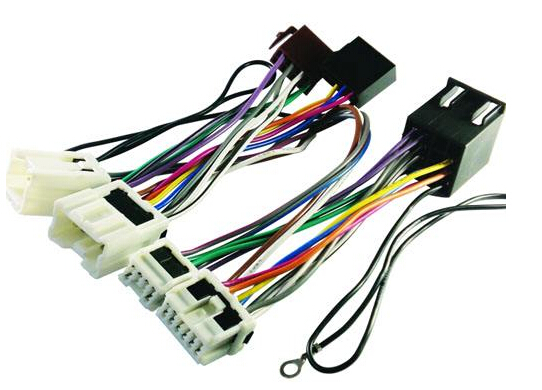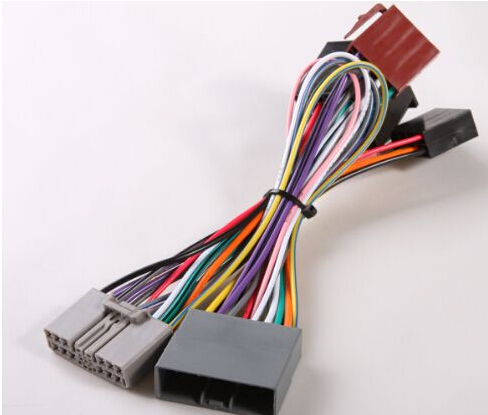First, the visual inspection: to be full of copper wire spool down to the packaging stage, with one hand take a piece of white paper placed on the copper wire 1-2cm position, the other hand the copper wire spool Roll for a week to see if the appearance meets the following criteria:
(1) The surface is smooth, no black line, no mess line, no pitting, no oxidation, no fouling, no scratches and bruises, no poor tinning , No fingerprints.
(2) cable is good, uniform, no heap edge, owe side (high side or high side low on both sides of high), no stock.
(3) moderate tension but loose or too tight.
(4) No sticking ash on copper surface after rolling (overfill) II. Inspection of wire diameter: The wire diameter shall be strictly controlled according to the general national standards when customers have special requirements.

The specific test steps are as follows:
(1), first test micrometer is zero.
(2), the copper wire to be tested into the micrometer clamp line, the appropriate force (strength can not be too heavy or too light) twist micrometer end.
(3), when you hear the micrometer sound three times to observe the readings.
(4) should be repeated so that two or three readings before (same piece of copper wire) can not detect the same position each time, should be sub-test.
(5), copper wire diameter above 0.2cm test different interfaces of copper to avoid flat wire.

(1) Turn on the resistivity tester's power switch.
(2) Hold the sensor clips on both sides to see if their readings are zero.
(3) If the reading displayed by the instrument is 0, take a piece of copper wire to be inspected for a length of 1m, respectively, and clamp both ends of the copper wire with two sensing clips. The copper wire to be tested shall not come in contact with any metal objects and press Test key
(4) Observe the readings displayed and take the readings to calculate the resistivity. The calculation method is as follows: Resistivity = reading ** 0.7854 * Room temperature changing coefficient / 1000
















 官方微信:日成最新資訊
官方微信:日成最新資訊 移動官網
移動官網 官方商城
官方商城